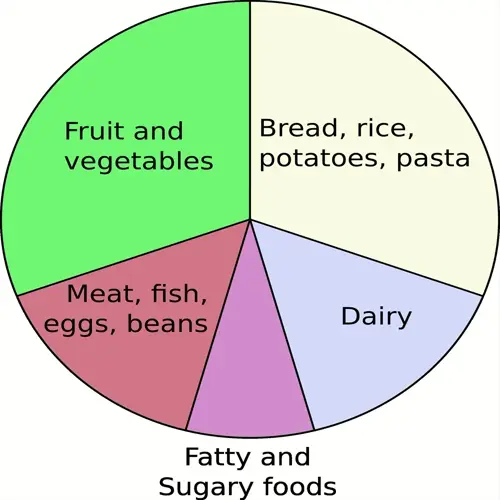How can vegetarians get enough probiotics?

Written by
Tran Quang
Reviewed by
Prof. William Dalton, Ph.D.There are numerous food choices readily available to vegetarians that meet their probiotic needs. There are beneficial forms of bacteria in dairy and plant-based food items. I have worked with many clients who are vegetarians and have been successful in helping them to optimize their capacity to get their food probiotic needs met without supplements. The main thing, of course, is to eat properly fermented food that has living cultures available in it. The foods that can be eaten cause digestion to occur just as efficiently as animal foods for probiotic needs.
Dairy Options
- Yogurt: Contains Lactobacillus acidophilus and Bifidobacterium
- Kefir: Provides over 30 bacterial strains including Lactobacillus kefiri
- Aged Cheeses: Develop probiotics like Lactobacillus helveticus during aging
Plant-Based Choices
- Tempeh: Fermented soy with Rhizopus oligosporus fungi
- Miso: Contains Aspergillus oryzae probiotics
- Fermented Vegetables: Sauerkraut and kimchi offer diverse Lactobacillus strains
When selecting vegetarian probiotic foods, it is essential to read labels and look for the words "live active cultures" printed on the containers. Steer clear of those that have been pasteurized following fermentation and look for the refrigerated section of the store for live products. Vegetarians seeking a non-animal-derived product should always check the ingredients to ensure they are suitable. All products should be stored at a temperature below 40°F. Products exhibiting any rancid or otherwise off-odor or showing mold growth should be discarded.
Incorporate these foods into your daily meals. Add yogurt to your morning smoothies with fruit, tempeh to stir-fries or sandwiches for lunch, and miso to soups after they have cooled. Top your dinners with sauerkraut or kimchi. Accompany this with the use of prebiotic foods such as oats and bananas. This combination acts to give the greatest benefits to healthy gut function.
Regular use yields benefits for digestion and immunity. Vegetarian sources of probiotic benefits support diversity in the microbiome. They effectively digested the fibers in plants. Many clients report that they have experienced a decrease in bloating in a few weeks. Piha is an additional strain in a rotation. To promote a healthy gut, taking vegetarian probiotics regularly can be beneficial.
Read the full article: 10 Essential Probiotic Foods List for Gut Health

